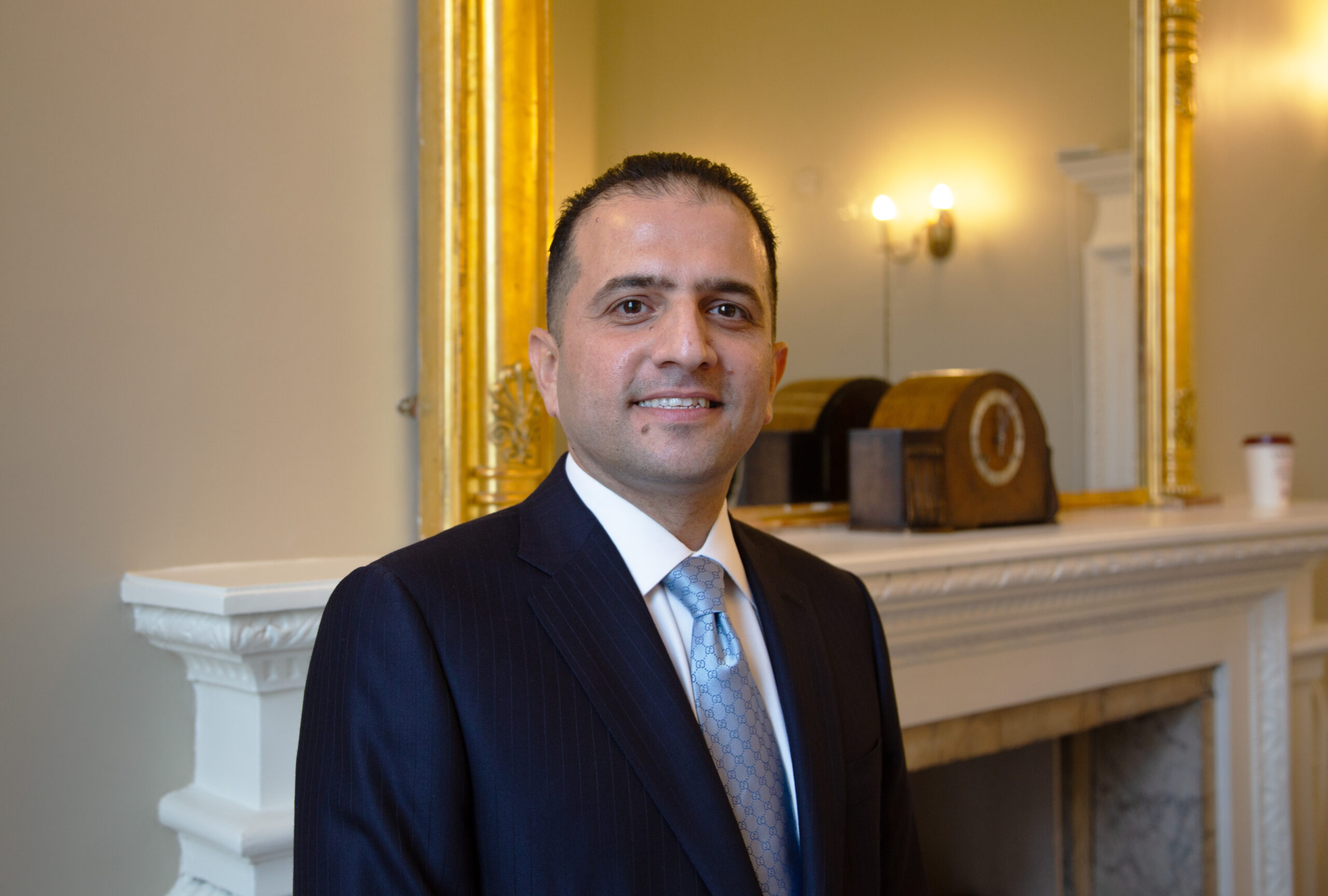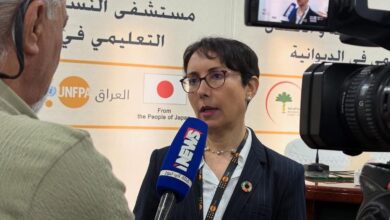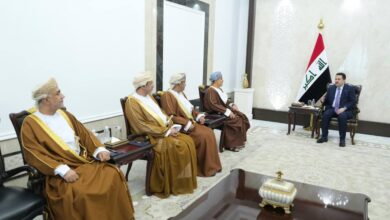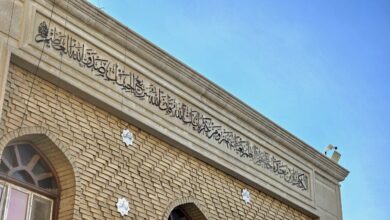IBBC has successfully launched its Agritech committee under the chairmanship of Dr. Amet Selman of AAA Holding. The committee’s mission is to provide recommendations to the Iraqi Government on enhancing agricultural productivity and sustainability through innovative technologies. Drawing expertise from Agriculture, Finance, Irrigation, and Agritech sectors, the committee aims to revolutionise Iraq’s agricultural landscape for a prosperous future.
Dr. Amet Selman, who is the founder and CEO of AAA Holdings, alongside Business Development Director Mr. Richard Cotton, shared their expertise and answered some questions on their development plans
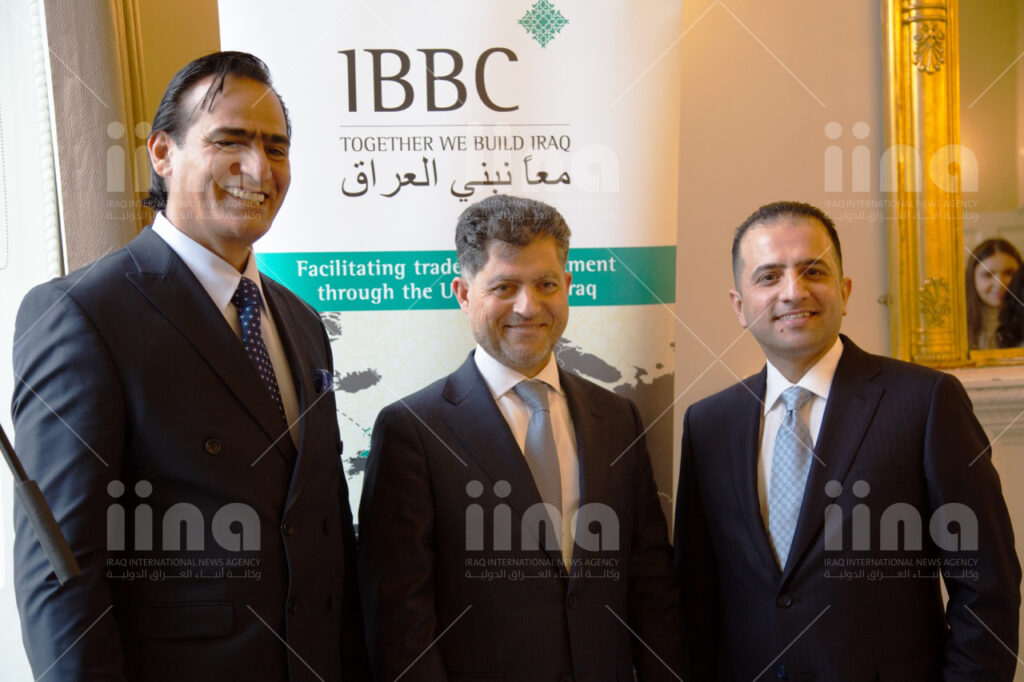
How do you see the initiative with the Iraq Britain Business Council feeding into the development of agriculture in general in Iraq?
Okay, well, this is a two-pronged initiative. AAA has a very large fertiliser manufacturing capability in Iraq. And so as part of our business plan, we’re wanting to engage more closely with the farmers, educate them better in how they use our fertilisers. So they’re using it more efficiently, more economically. So that’s really where the AAA holding initiative has come from. And we have now formalised that promise with the prime minister to say we are going to bring Agritech to the sector, we’re going to work with the farmers and we’re going to see how we can improve agriculture generally. Working with IBBC, who is our umbrella organisation, of course we’re hoping there will be by-products from this particular initiative and it might well cover looking at new irrigation systems, new plants, bringing new plants into the industry and then moving on to marketing of agricultural products, food processing and so on. Because there’s food poverty. There’s food poverty in Iraq. They’re importing fertiliser, but also foodstuffs as well. It’s a huge sector, lots to do. And this is AAA’s contribution to the people of Iraq.
Will this new group within IBBC and feed into an overall agricultural strategy?
Over many decades Iraqi farmers have been using the same type of fertiliser every year, and the same type of fertiliser for each product. So they were harming the soil. Our vision is to teach them how to analyse the soils, how they can use the adequate fertiliser for the missing elements for each type of soil to improve the end result.
Iraq is also one of those countries that is probably going to be most affected by climate change. You’ve got less water coming down the Euphrates and the Tigris. That means that increasingly salt is coming up into southern Iraq and spoiling farmland. And then you’ve just got changeable climate again, which farmers are having to struggle with on top of all the old everyday challenges.
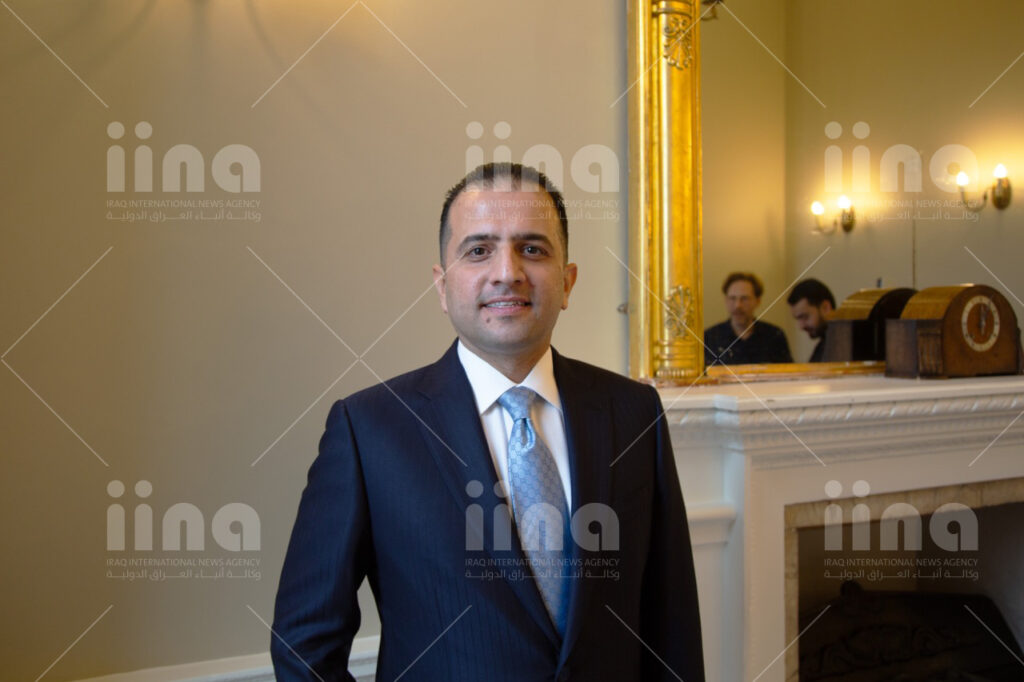
What is the market demand for fertiliser in Iraq?
It is increasing rapidly, however it is being imported at the moment. I think what is interesting is we’re currently importing our raw materials from Turkey, Jordan and Morocco although Iraq has its own resources, the raw materials. We are looking to work with partners to exploit those home raw materials and that will be a major breakthrough. But with such resources and deposits, it takes a lot of money to extract them.
Can irrigation be improved by better management of the water resources?
Good irrigation now is not rocket science. We know how it can be done properly. The challenge is it often needs a big investment upfront before farmers can use modern irrigation. And again, one of the big issues of trying to improve farming in Iraq is you’re dealing with tens of thousands of small units and you really can’t improve things dramatically unless you work with big farming units. You need a thousand hectares per unit that can afford the capital investment upfront. That’s one of the challenges too.
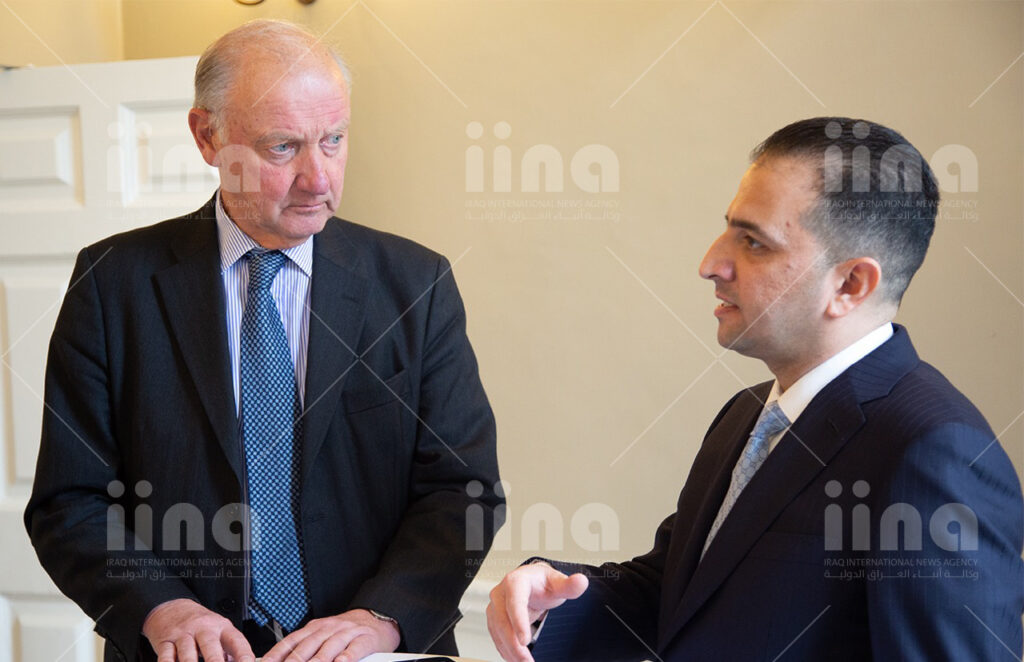
In many countries the challenge has become the aging workforce as younger people tend to prefer working in other industries, is this also the case in Iraq?
Young Iraqis, like young English boys and girls, aren’t terribly keen on working in the agricultural sector. So is how we make the agricultural sector attractive to young workers. Getting into the farming agriculture sector, an even bigger challenge. But if we can make it more attractive and using tech, bigger units, more money, making it more profitable, then hopefully we can attract young people into the sector.
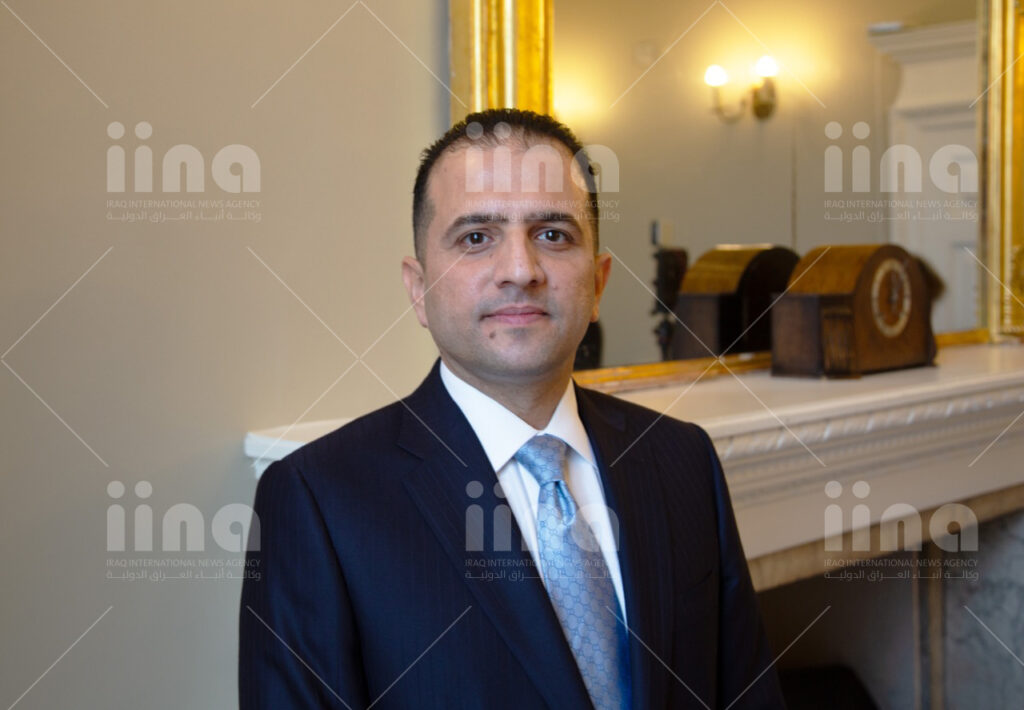
- Published: 19th February, 2024
- Date Taken: 13th February, 2024
- Location: London
- Country: United Kingdom
- Editor: Yasmine Goumri
- Photographer: Justyna Wojtowicz
- Category: Business, development and industry

